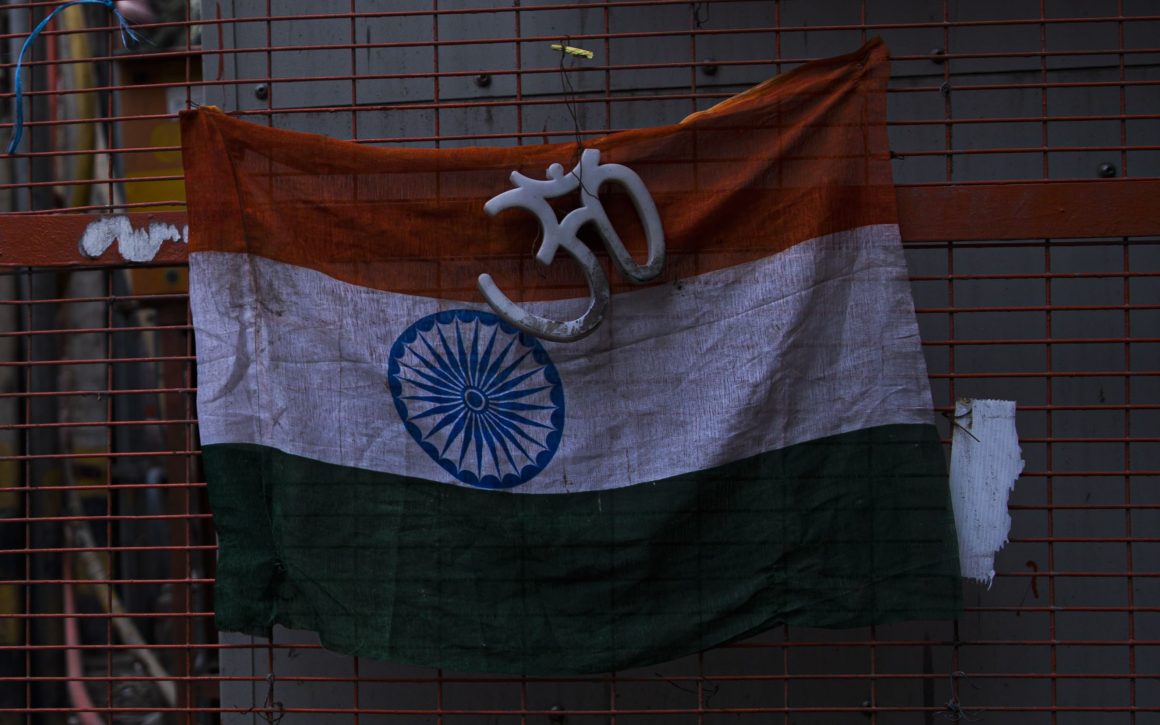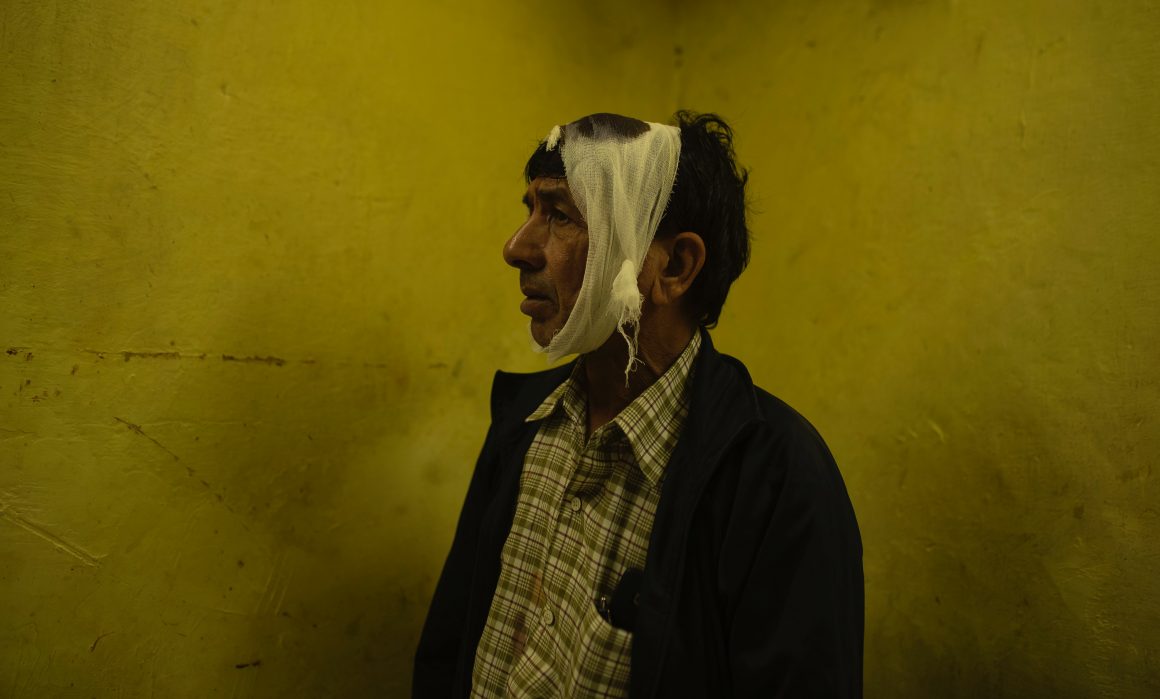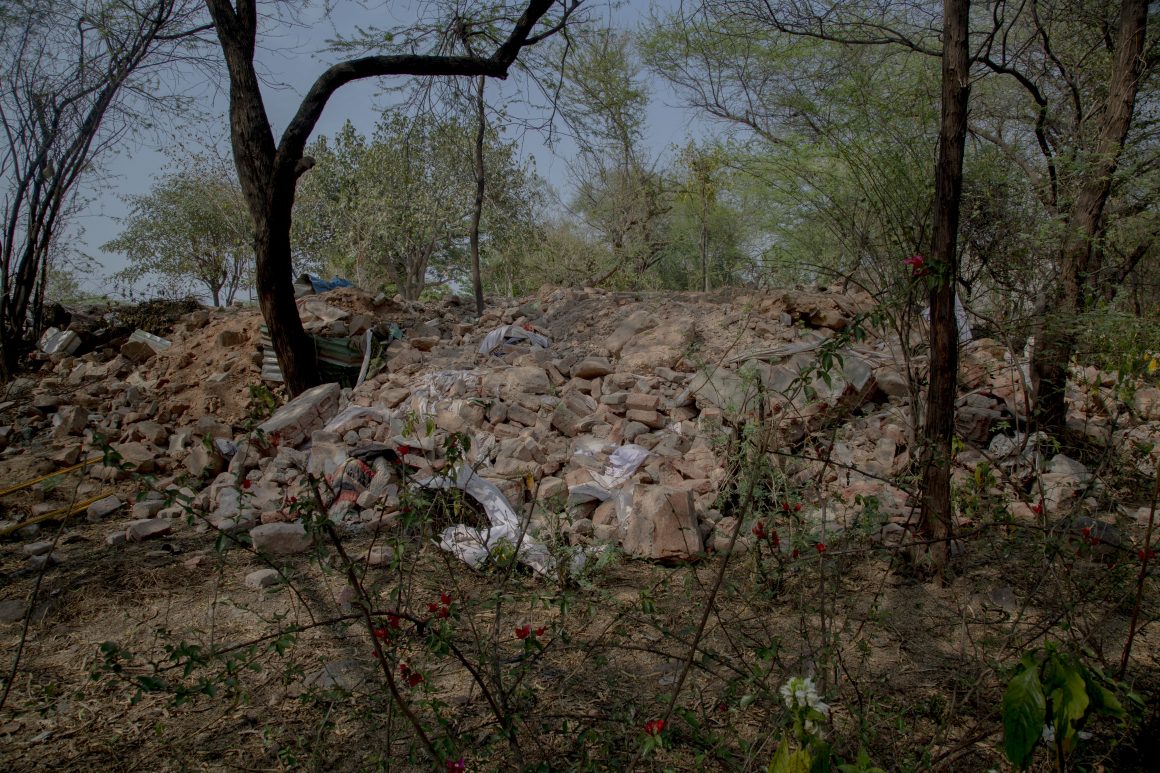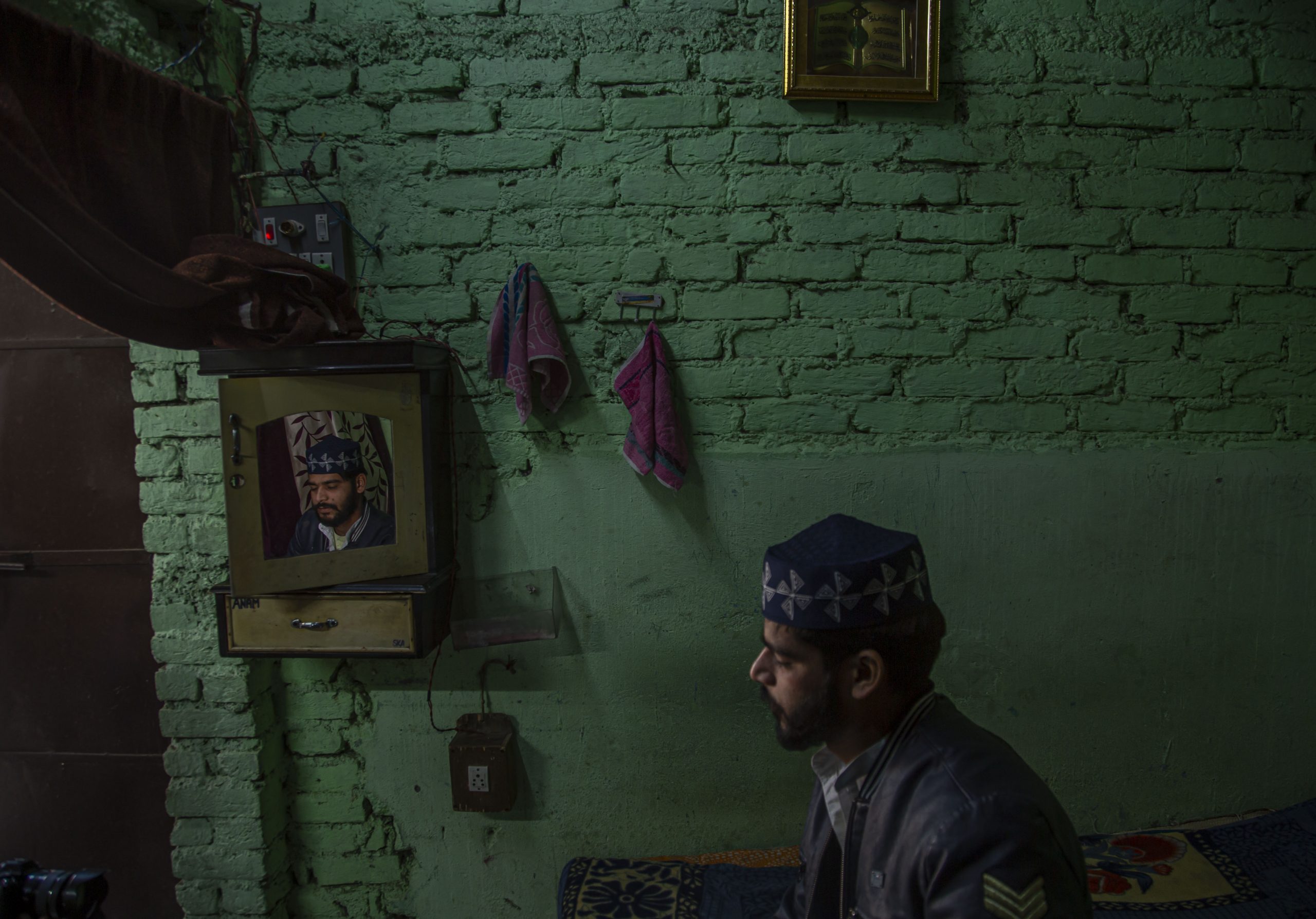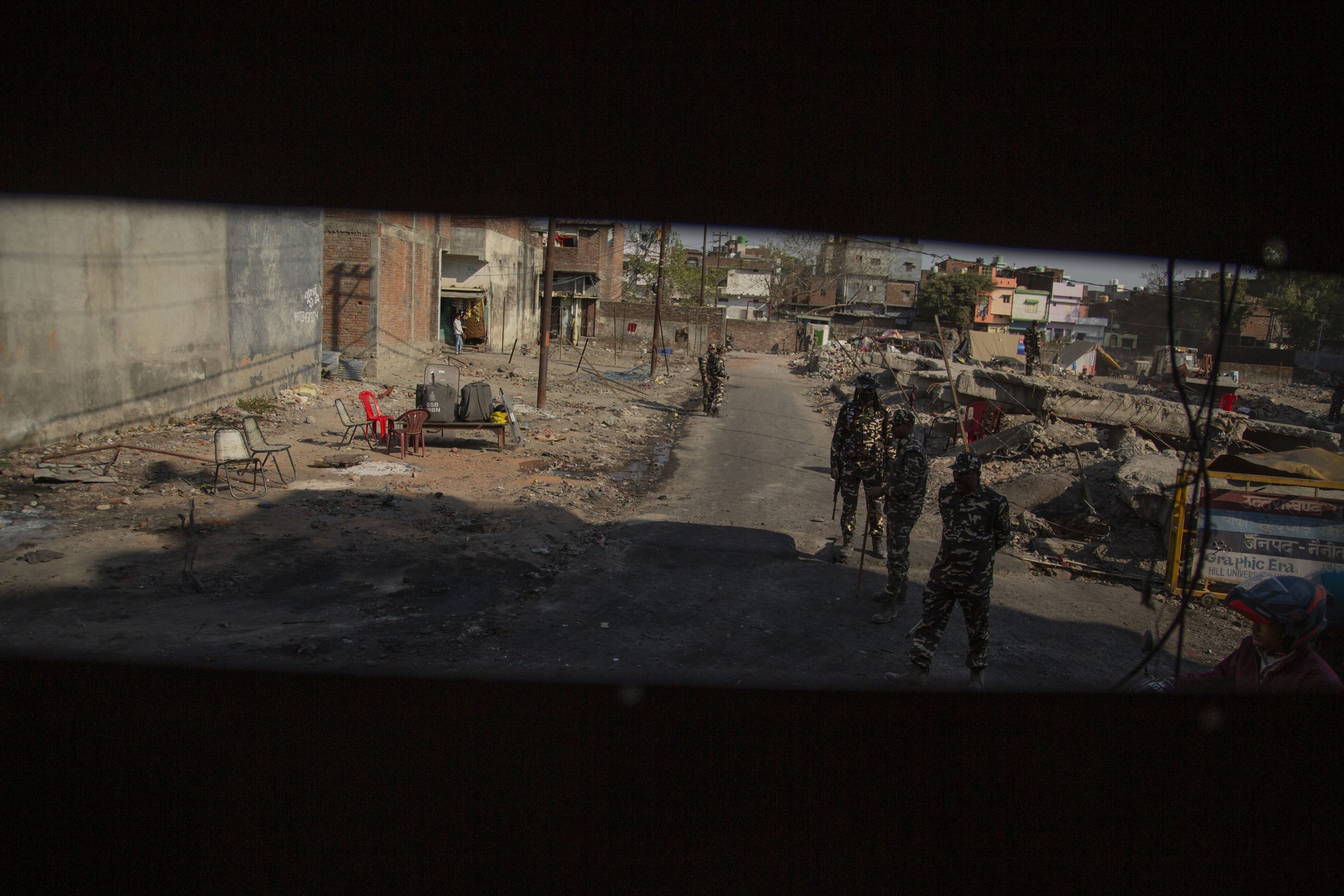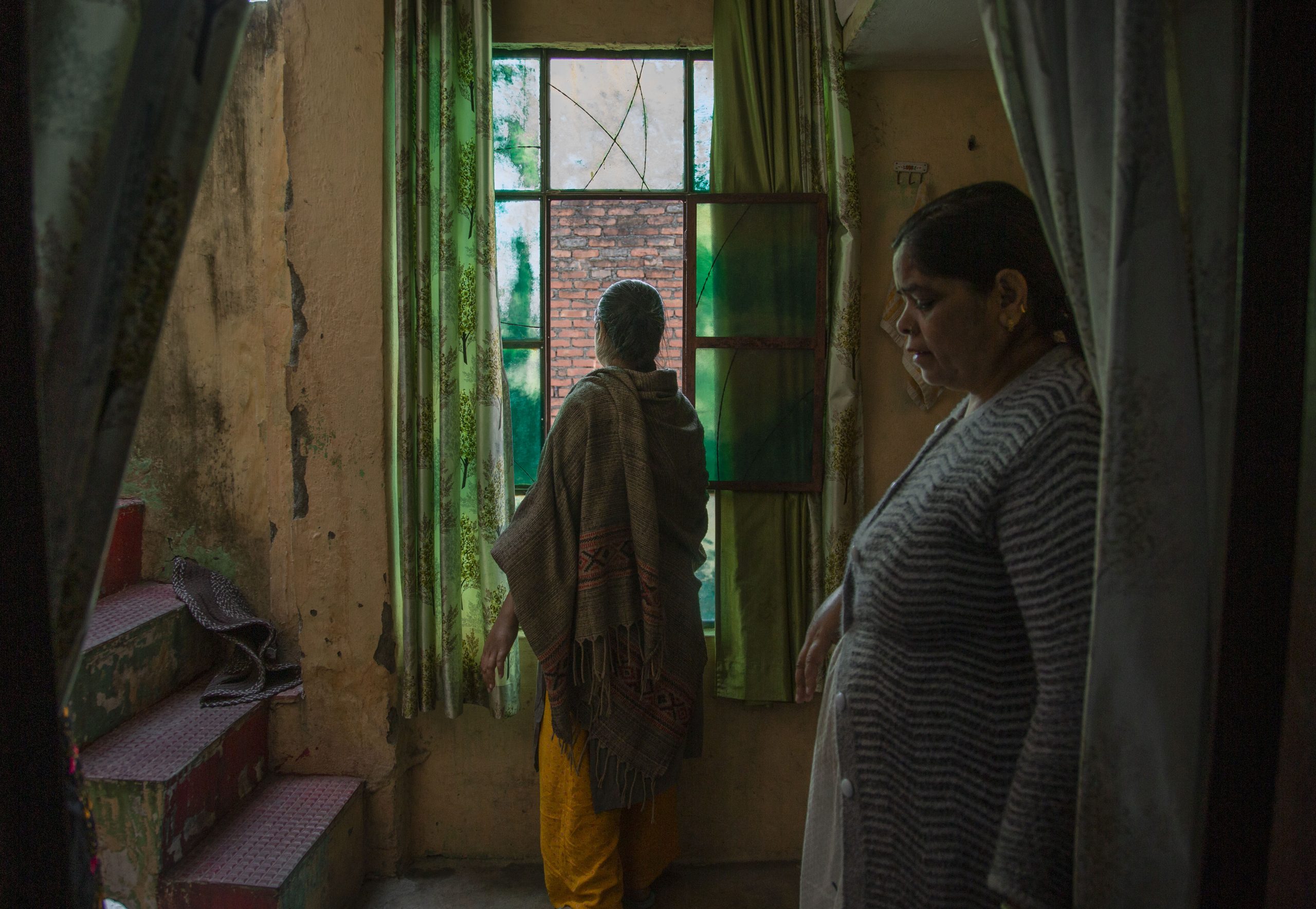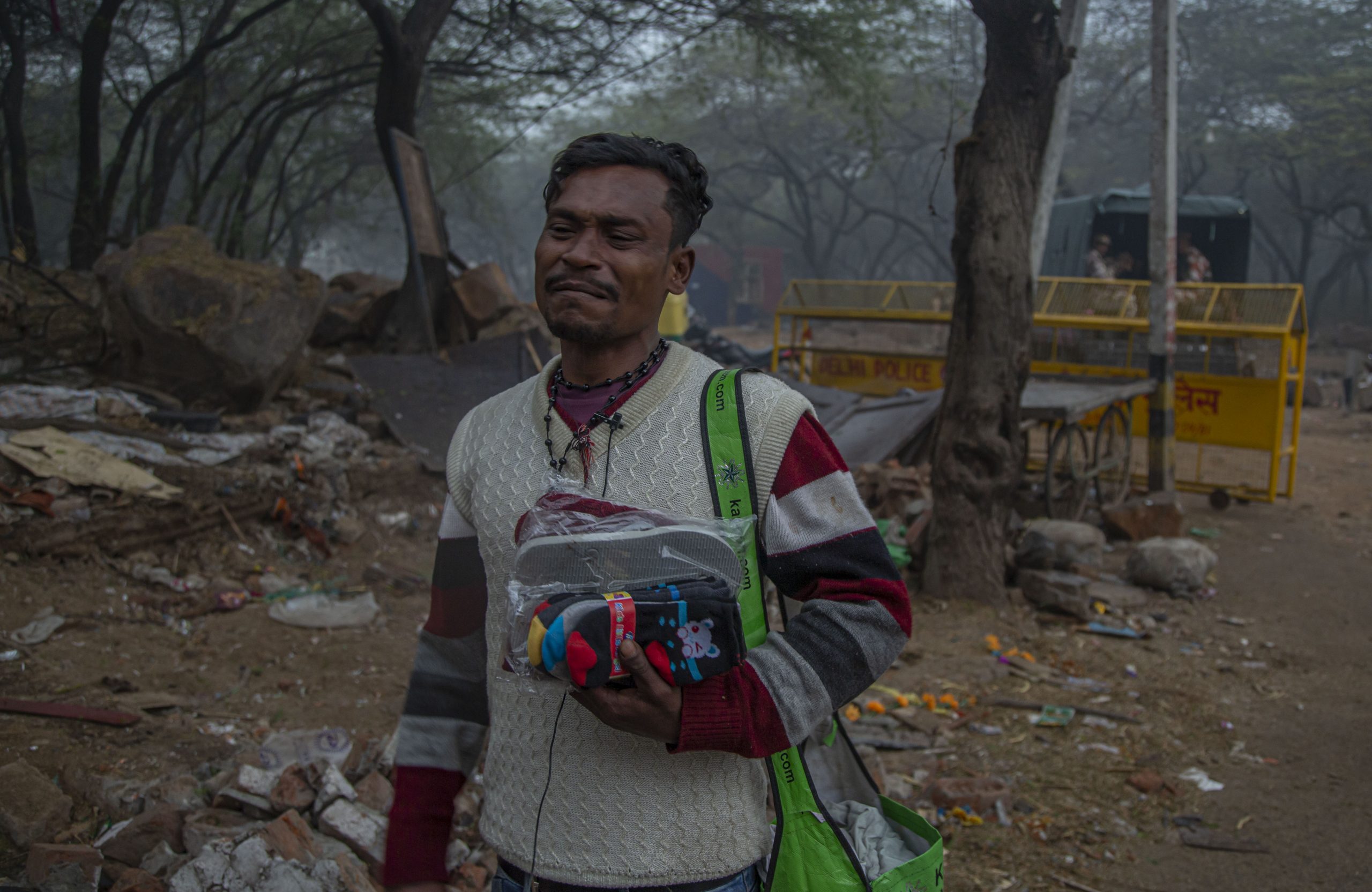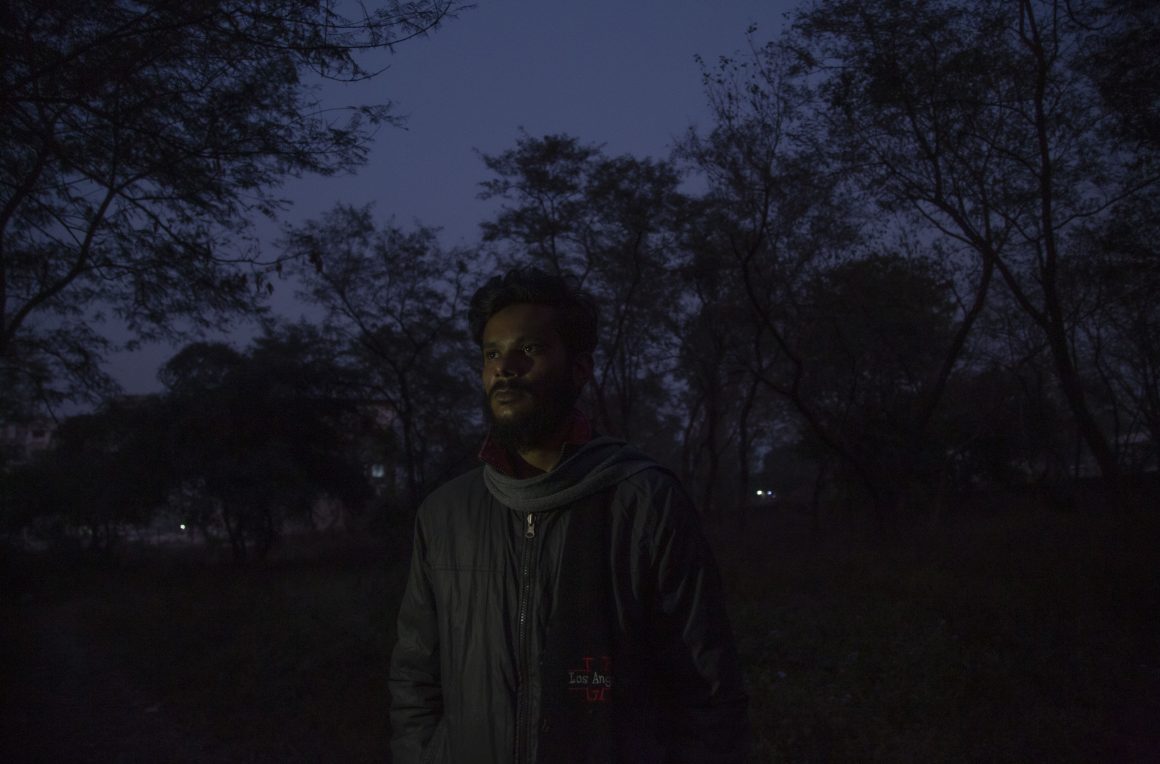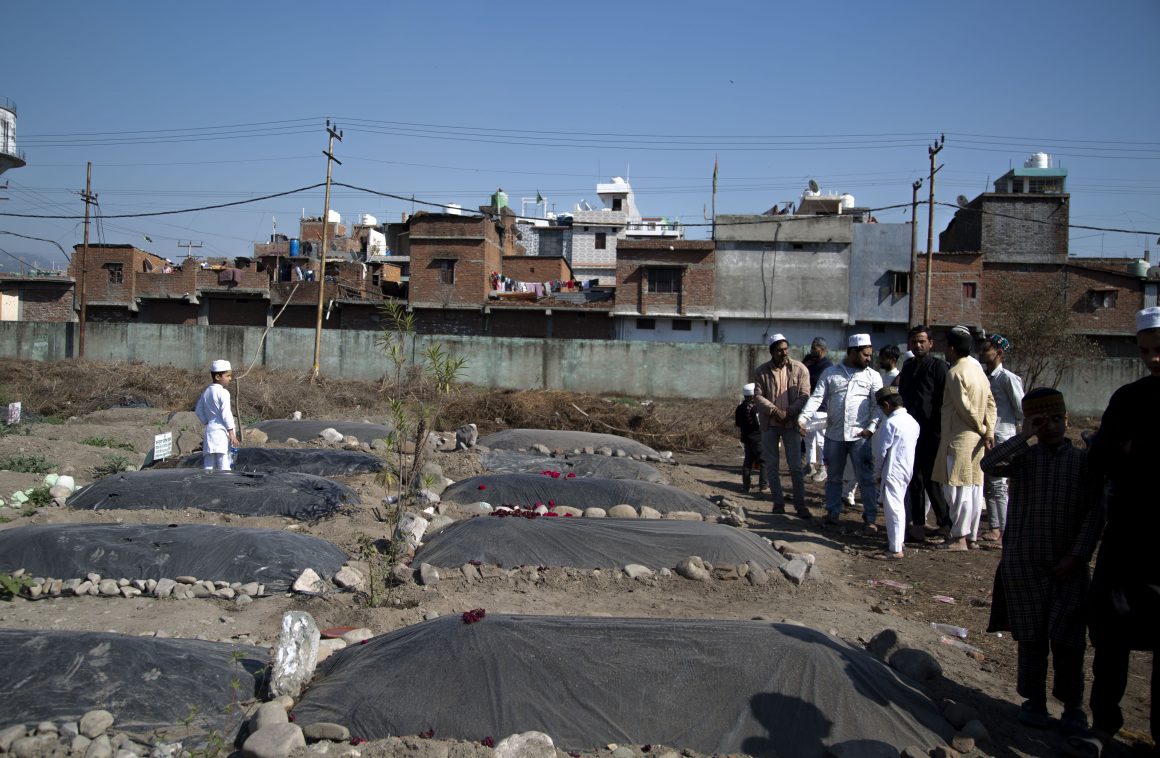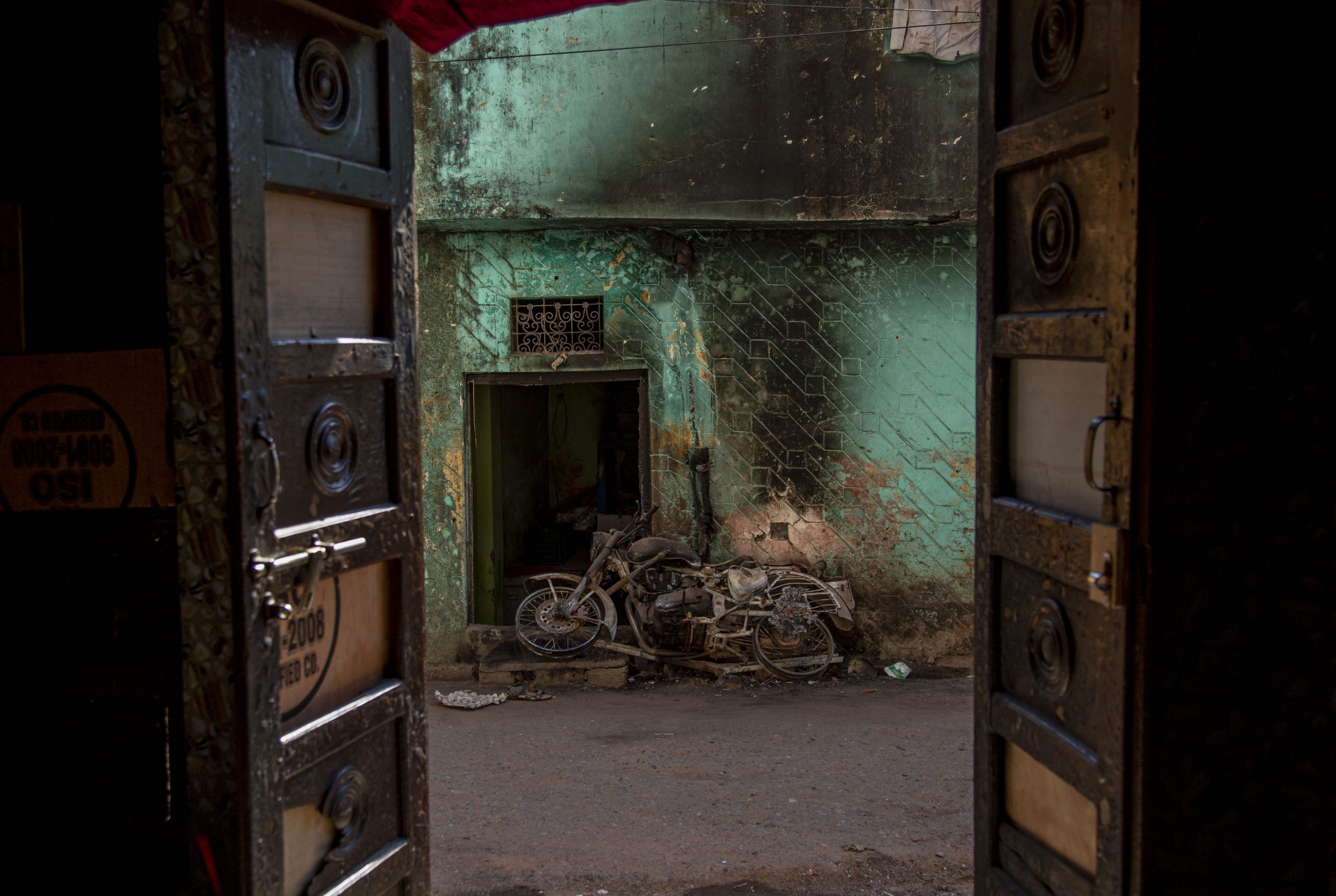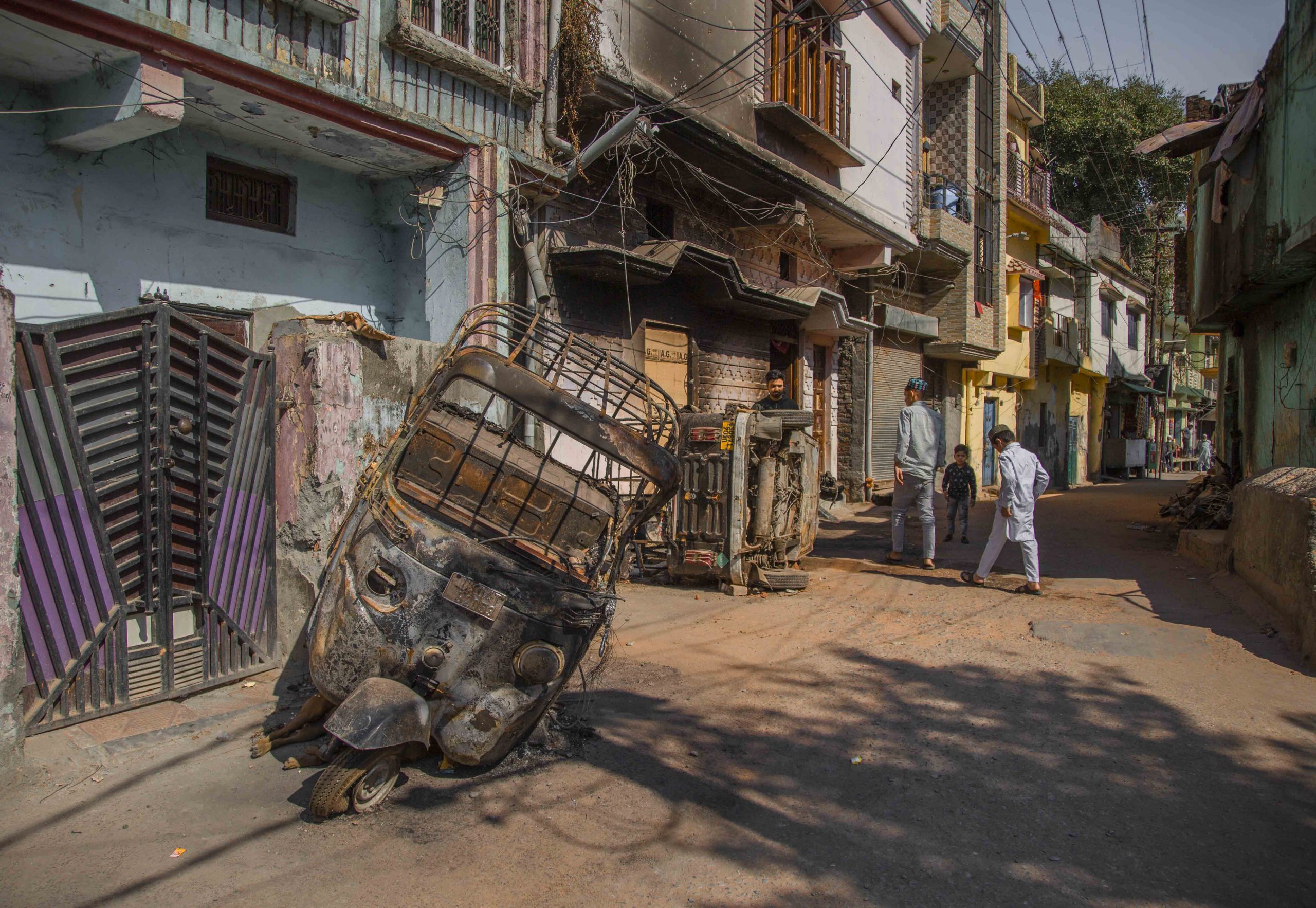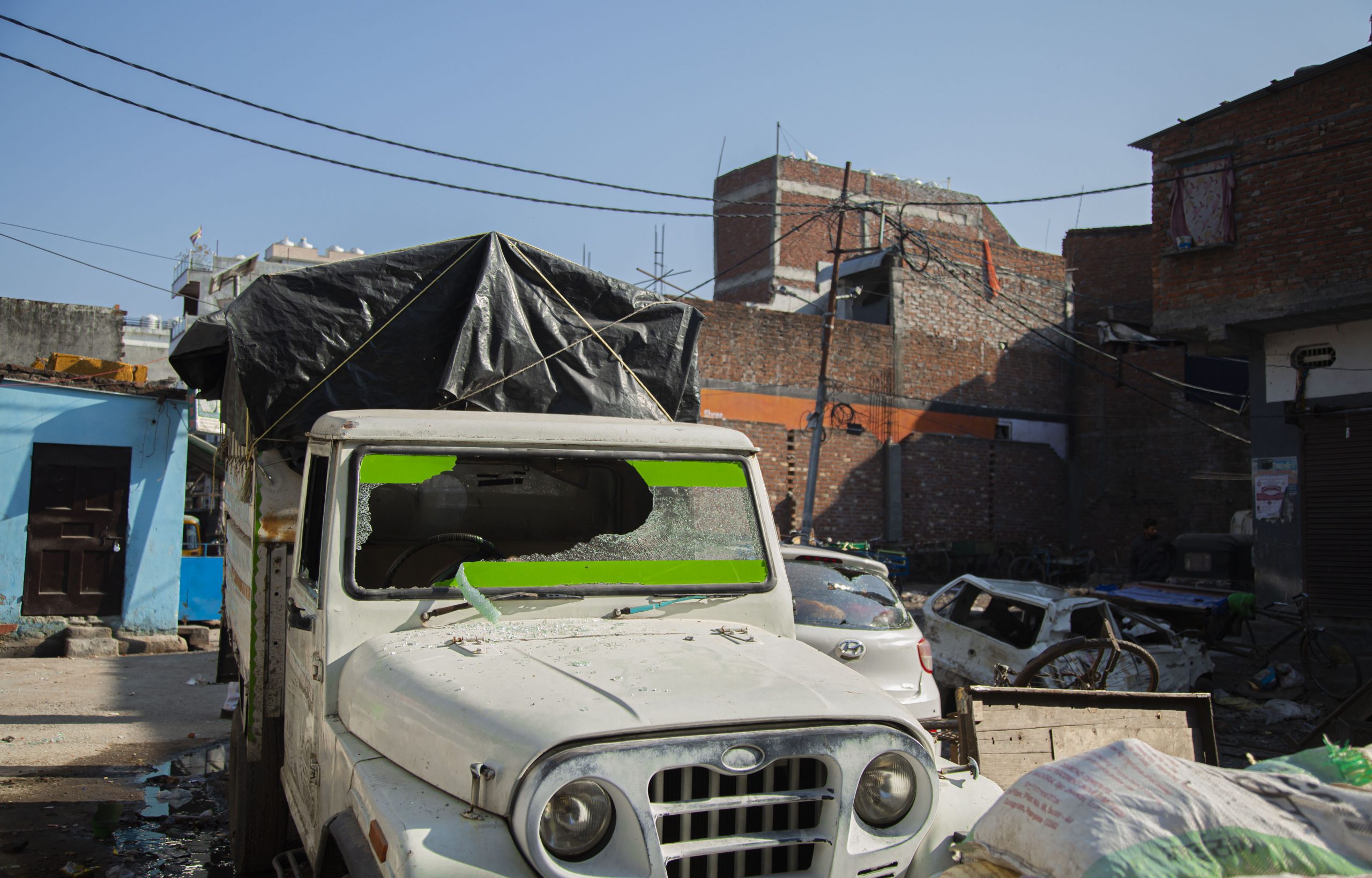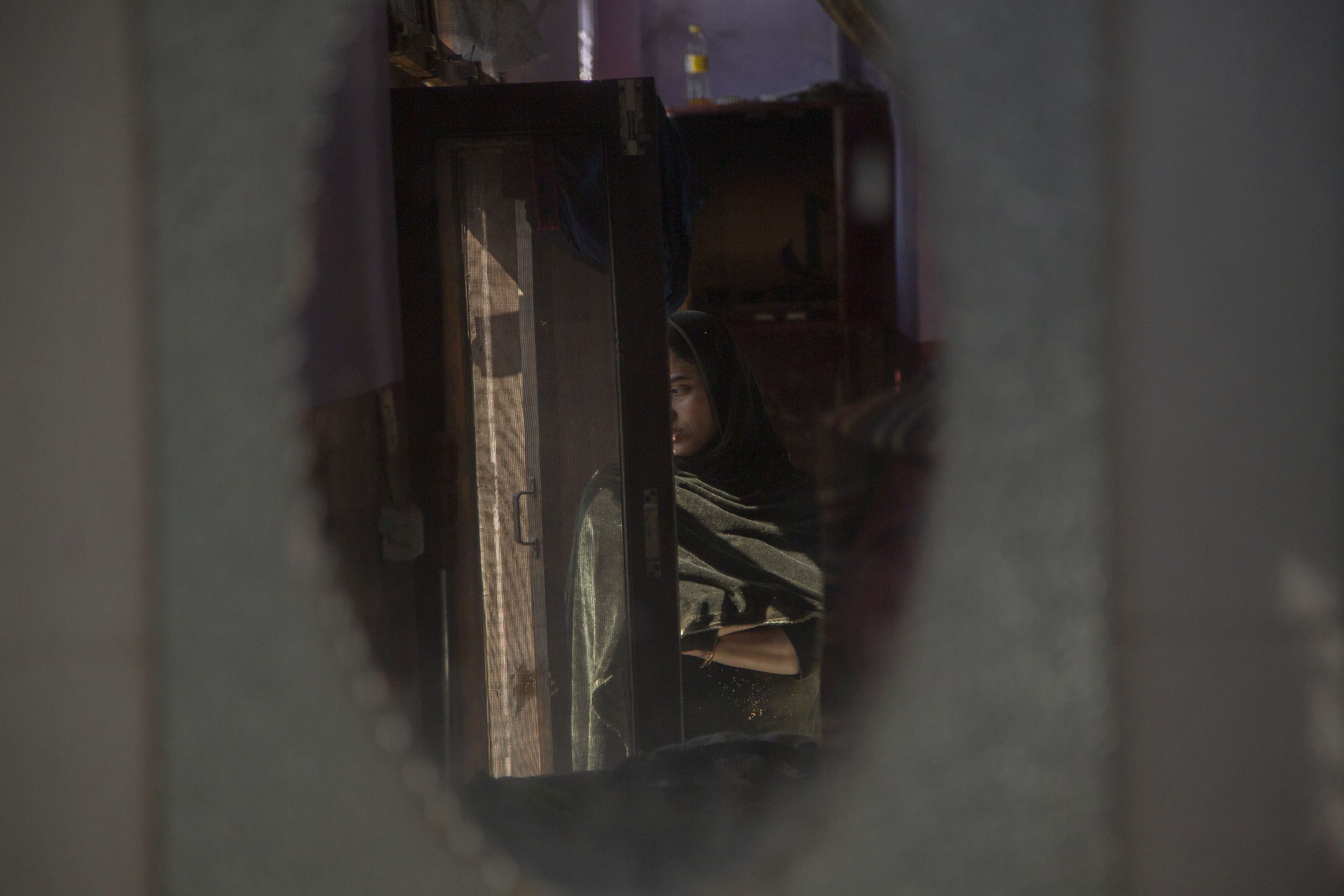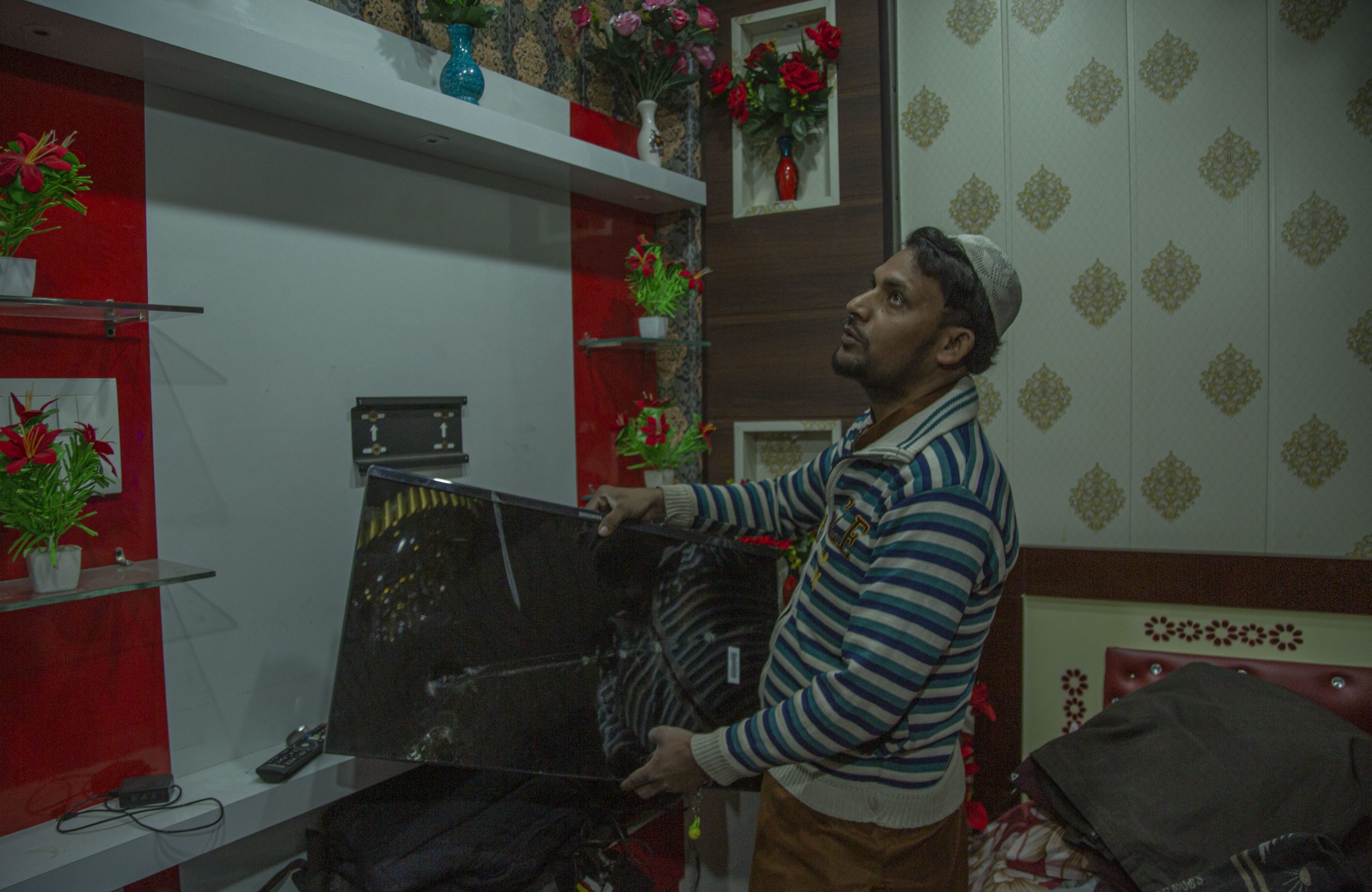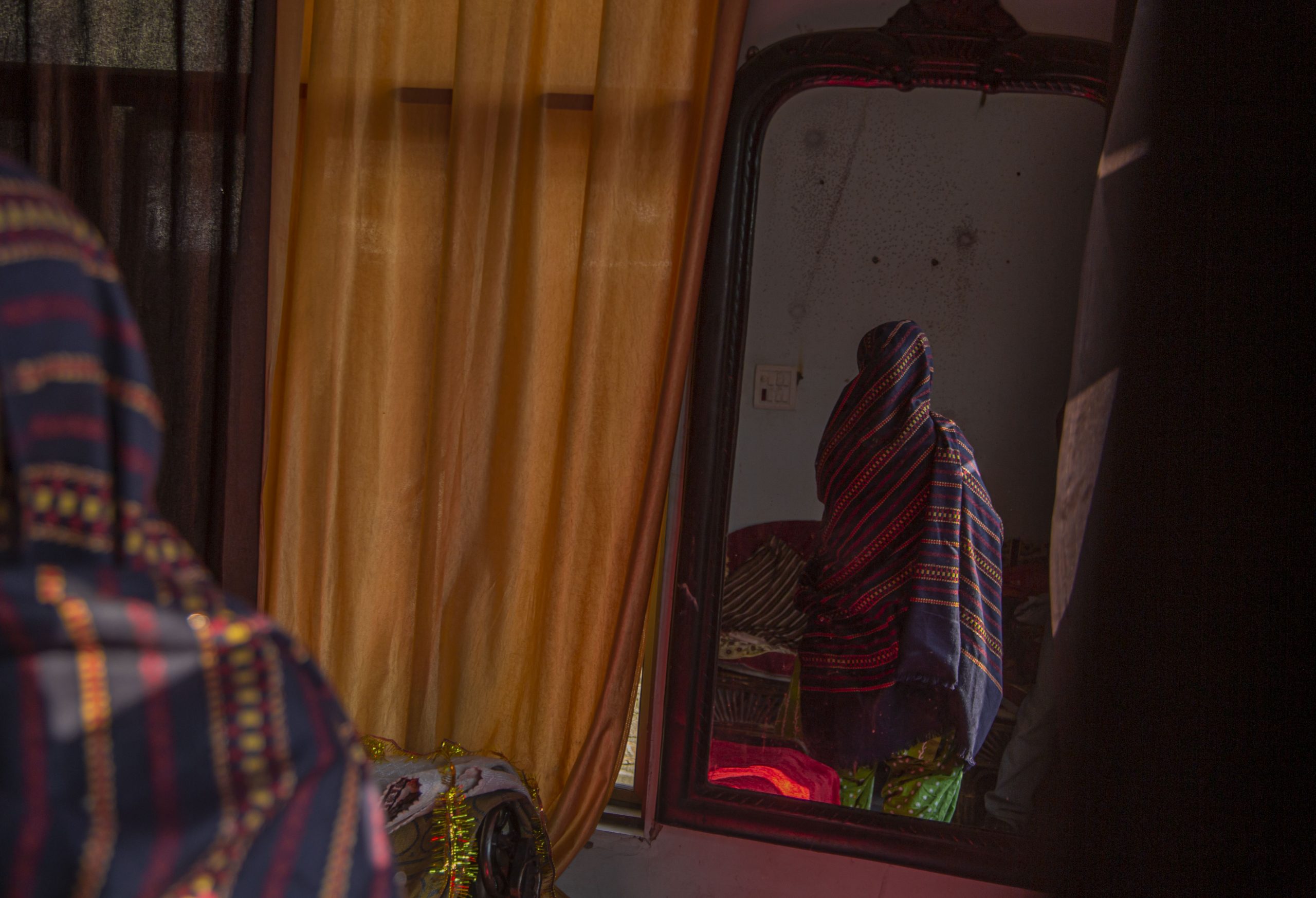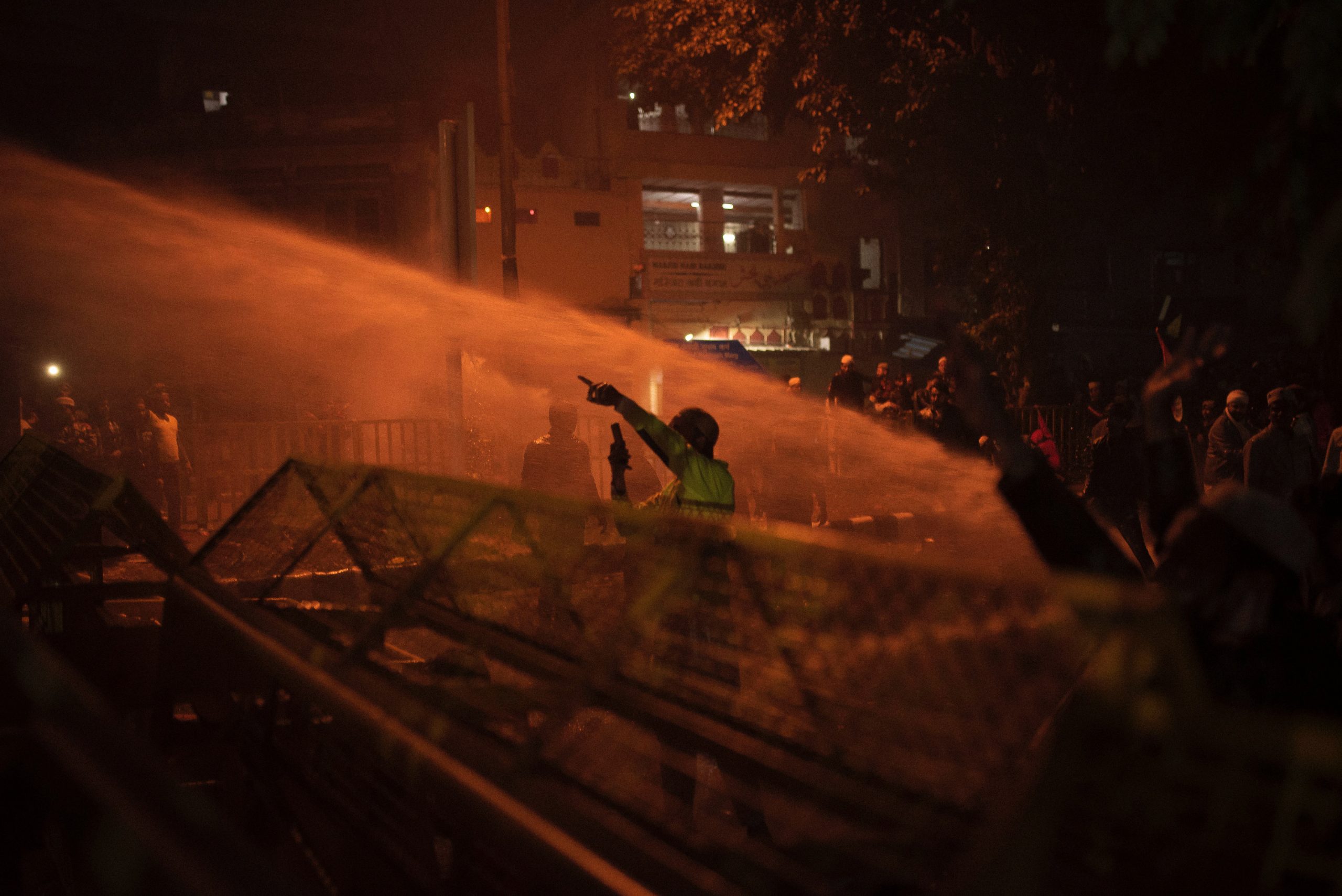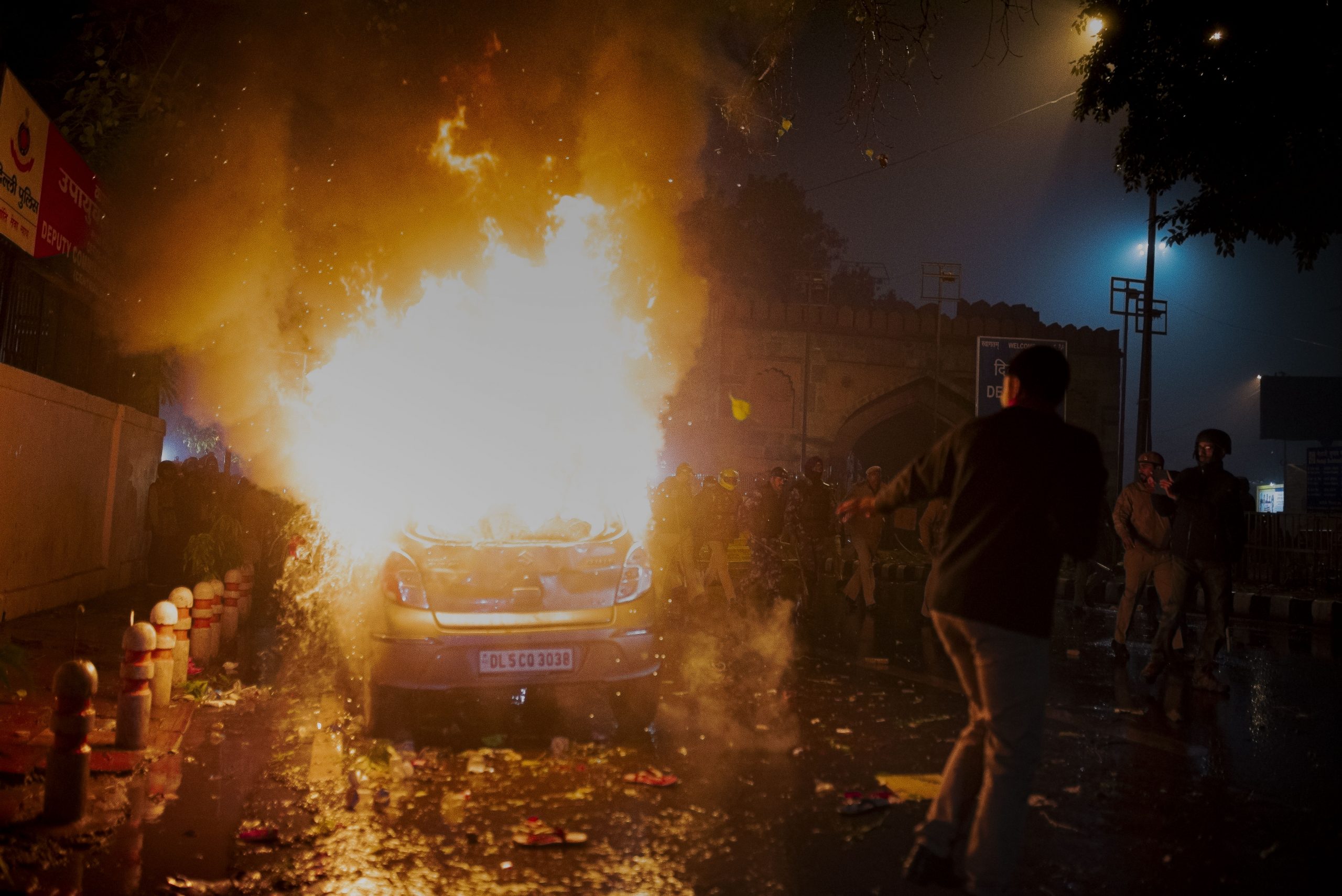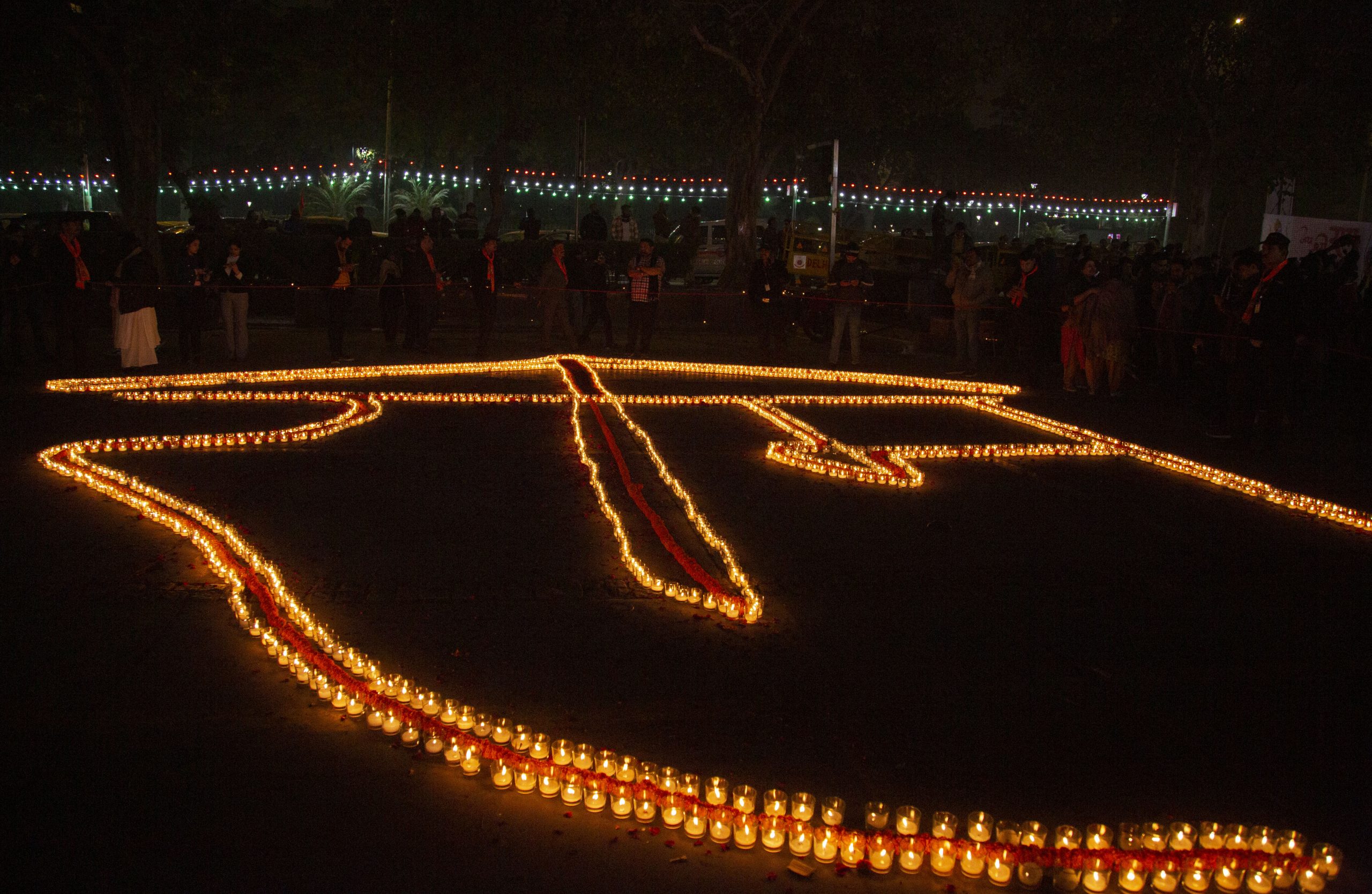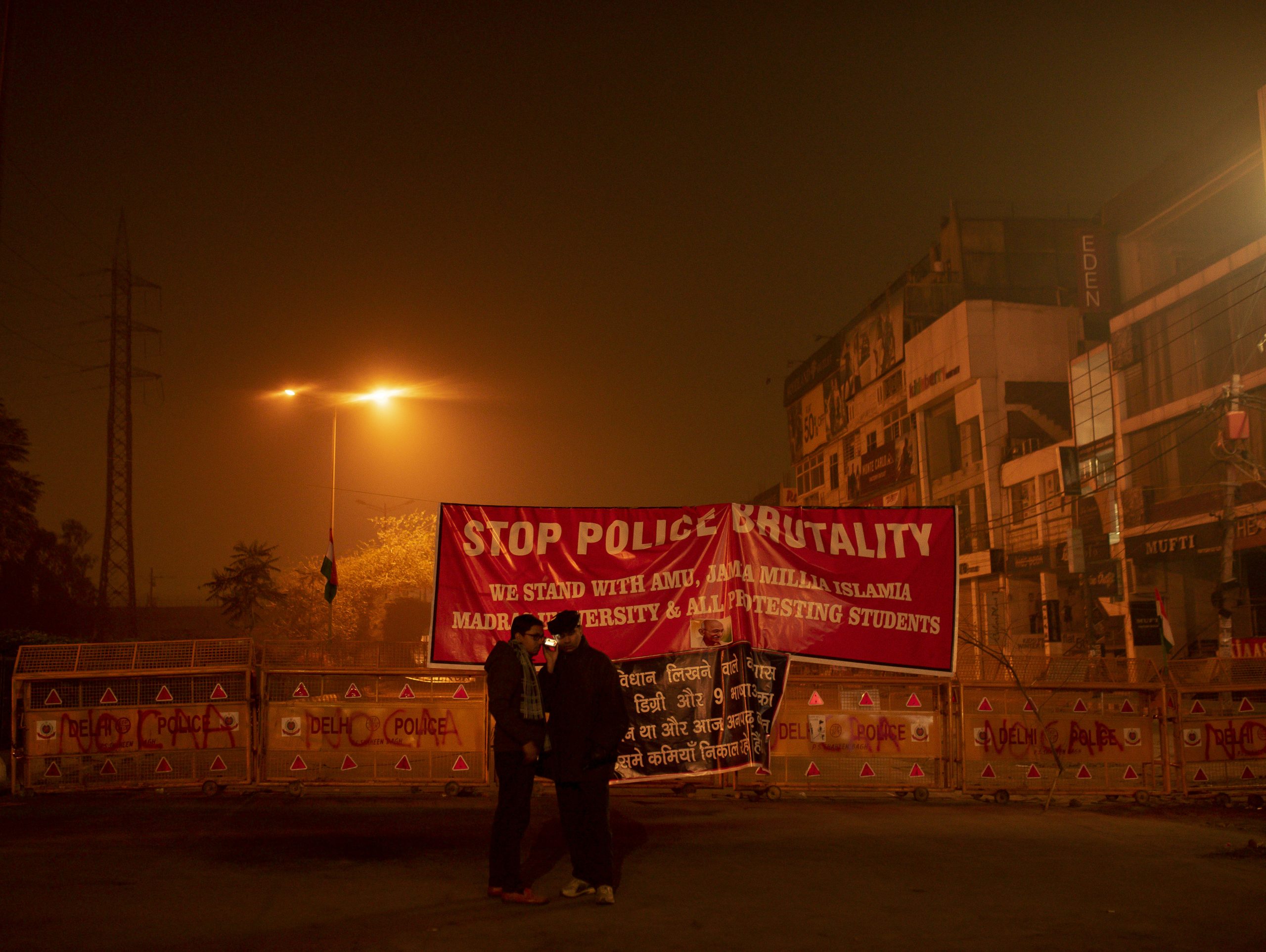
India’s 1947 partition brought about tragedies that all of Indians, regardless of their religion and race, went through. The massacres, rapes, and sufferings during this critical period were endured by people of all backgrounds – Hindus, Muslims, Sikhs and Dalits. Yet, today, there’s a dangerous narrative emerging that vilifies Muslims while glorifying Hindus as victims. Modi and certain political factions have weaponized these events, portraying them from a one-sided Hindu perspective, which is disheartening.
This shift is unsettling, especially for someone like me who grew up hearing my grandfather’s stories about cultural harmony and Indian nationalism. The idea of a strong, muscular, militant majority dominating the national narrative is not what my grandfather envisioned for India. He believed in inclusivity and diversity, values that seem to be eroding in today’s political landscape. The BJP’s rise to power under Modi has seen a deliberate attempt to reshape India’s cultural identity, from renaming places to bulldozing Muslim monuments. Destroying these monuments shrines, and graves isn’t just about physical destruction; it’s about rewriting history and reshaping the narrative of India.
The mosque demolitions come against a backdrop of increased religious polarization and accusations that the BJP is building a Hindu-first state in what is constitutionally meant to be a secular country. They follow the opening of the Ram Janmabhoomi Mandir in Ayodhya, a controversial Hindu temple built on the ruins of a 16th-century mosque that was destroyed by hardline Hindus some 30 years ago, setting off a wave of deadly sectarian violence not seen in India since its bloody 1947 partition. Modi presided over a lavish consecration ceremony, where he played the role of a priest and hailed the beginning of a “new divine India.” But his vision is a far cry from the ideas of the modern country’s founding fathers.
